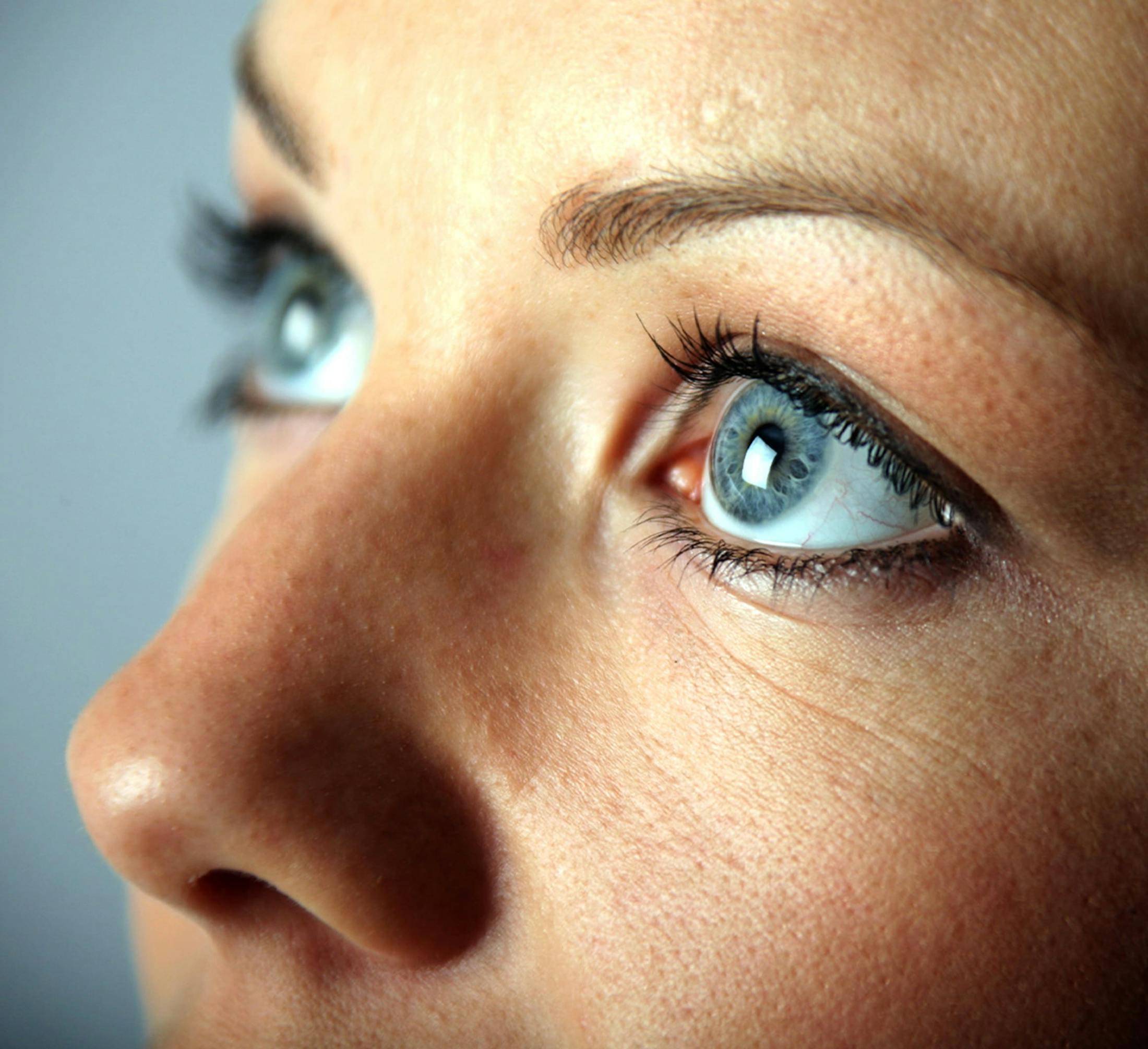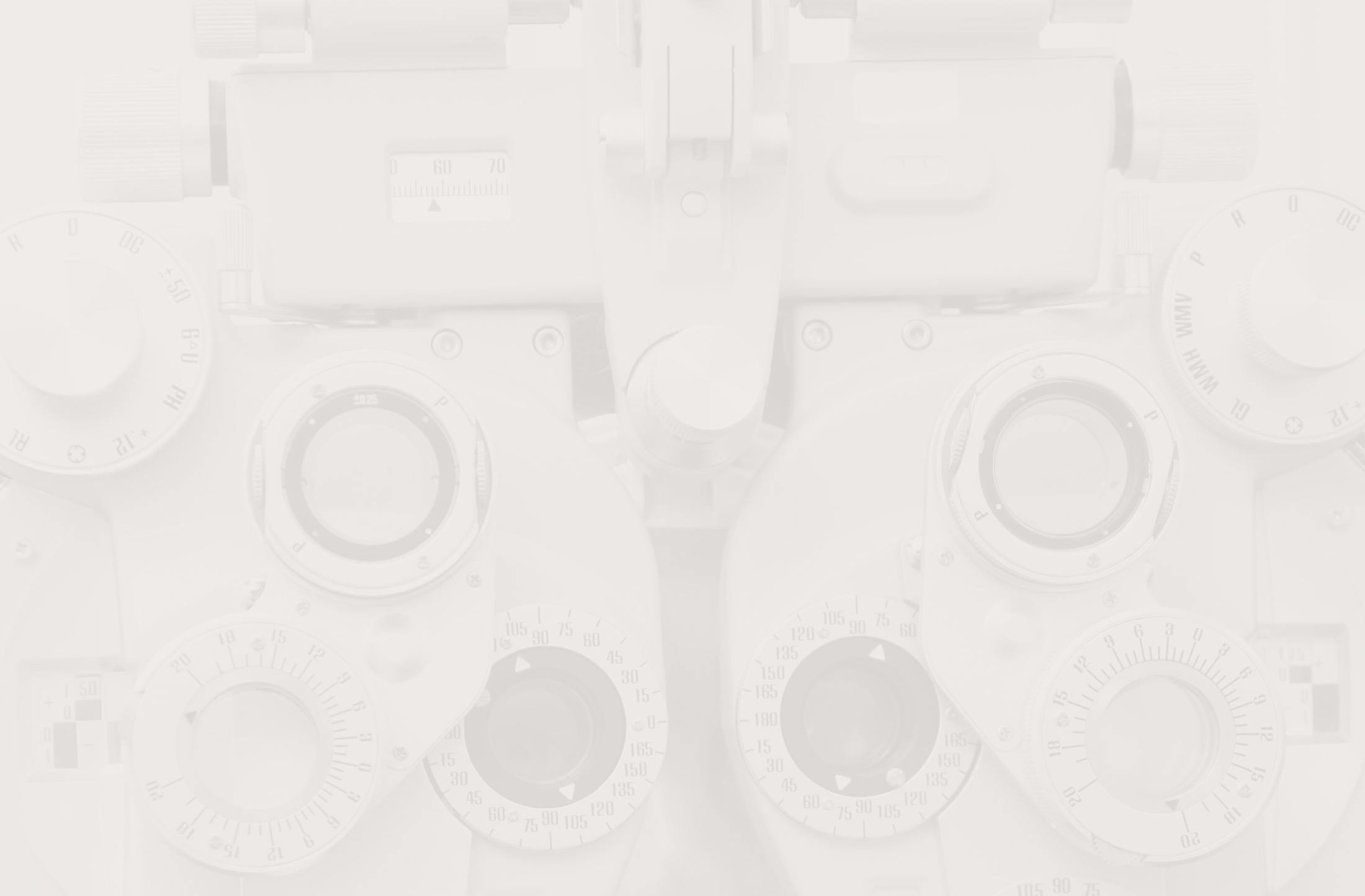Diabetic eye disease can threaten your eyesight, but proactive care helps you stay on top of vision changes.
What Is Diabetic Eye Disease?
Diabetic eye disease encompasses several vision-threatening conditions associated with chronic high blood sugar, most notably diabetic retinopathy. When blood glucose remains elevated, the delicate retinal vessels can weaken, leading to fluid leakage, swelling, and abnormal new vessel growth. Over time, these disruptions may blur or distort your vision, sometimes advancing to severe complications such as blindness.
Beyond retinopathy, individuals with poorly controlled diabetes may encounter diabetic macular edema (fluid buildup in the macula), cataracts, and glaucoma—conditions that worsen with unchecked blood sugar levels. Because symptoms often surface subtly, routine checkups serve as a crucial line of defense. Identifying early signs of damage drastically improves your odds of preserving a high level of sight.











